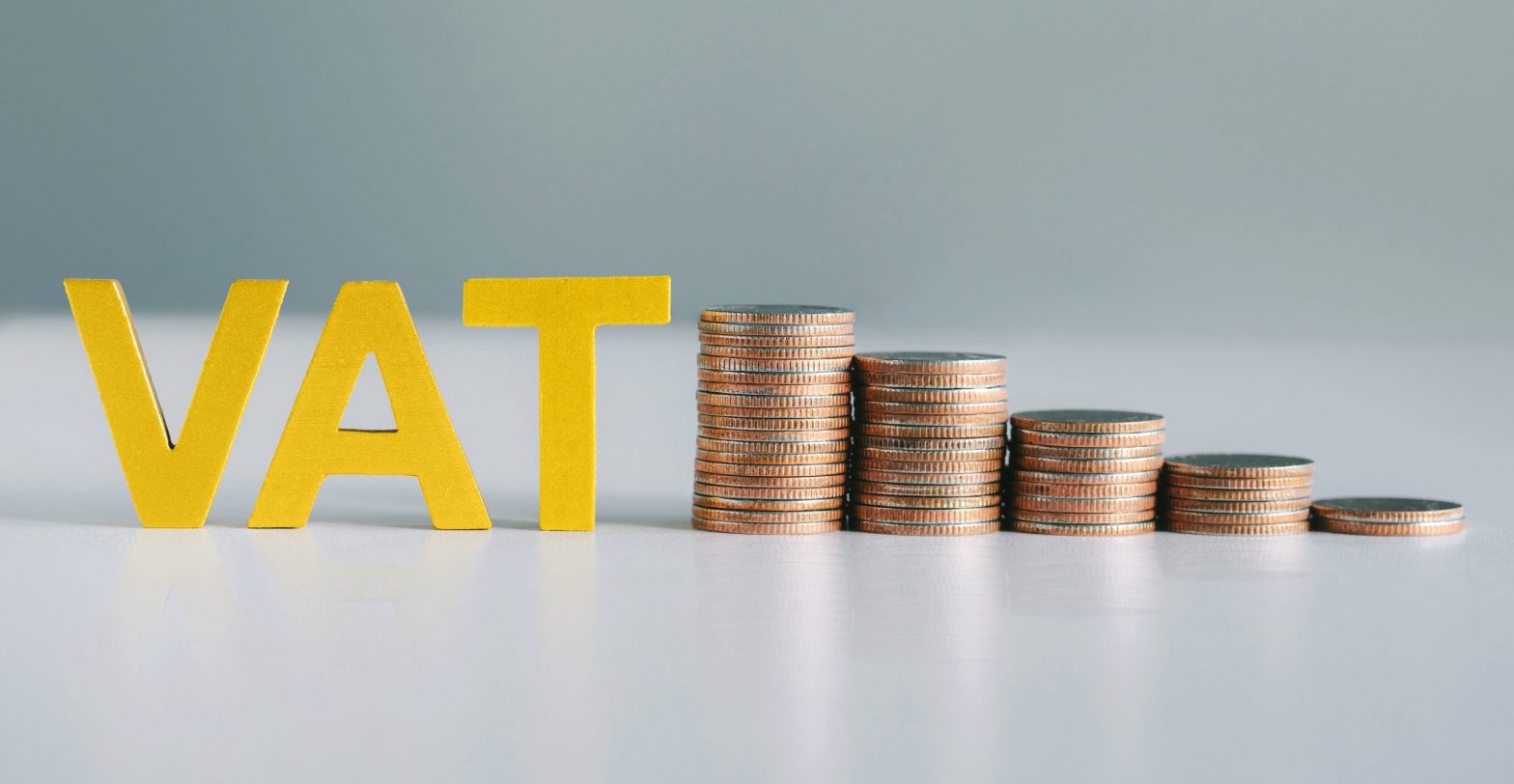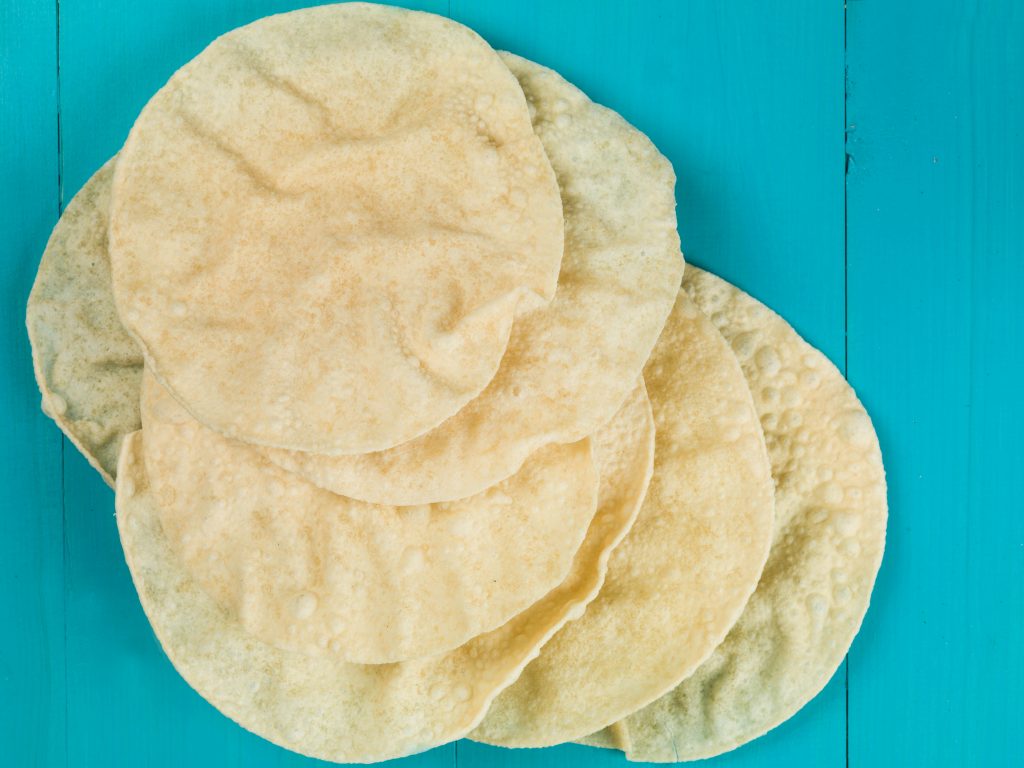When is a poppadom not a poppadom? Well, according to the First-tier tribunal it’s when it’s actually a potato crisp. Sensations Poppadoms, a potato-based snack made by Walkers, was recently the subject of a tribunal deciding whether the product should benefit from zero rated VAT, the sales tax applied in the UK to certain products.
HMRC had originally decided in June 2021 that Sensations Poppadoms should be subjected to standard rated VAT (20%). This resulted in Walkers filing an appeal against the decision.
Let’s examine the basic rules regarding VAT on snack products, as well as the details of the case.
What are the rules regarding VAT on snack products?
This is a complex topic. VAT is generally not applied to food with the exception of certain products. These include products within Note 5 which are (similar to potato crisps, potato sticks, potato puffs) made from the potato, or from potato flour, or from potato starch” which are packaged for “human consumption without further preparation”. These were two of the main factors considered by the tribunal when it came to deciding whether the Sensations Poppadoms should be standard or zero rated. The similarity of the products to potato crisps, as well as their fiscal neutrality, was also considered when deciding whether the snacks should be standard VAT rated or not.
Let’s take a look at each of the individual factors and find out why the First-tier tribunal came to the conclusion that they did.
Decision
Human consumption without further preparation
Part of Walkers’ reasoning for the products not qualifying for “human consumption without further preparation” is their claim that the products were designed to be eaten with chutneys, dips, pickles, or as a side to the meal. On this basis, the products did require further preparation before being eaten. The reason they were arguing this is that products which qualify for human consumption without further preparation are usually standard VAT rated.
But is this a convincing argument? The tribunal found that there was nothing on the packaging to indicate that any preparation was required. Furthermore, their own packaging showed people eating them straight from the packet without any preparation.
As a result of this, the tribunal found that the products were indeed packaged for human consumption without further preparation.
Potato content of the products
On this factor, the tribunal was provided a detailed list of the ingredients of both the Lime and Coriander flavour, as well as the Mango and Chilli flavour Sensations Poppadoms. Both flavours were found to contain around 17.5-18% potato granules, 17.5-18% potato starch, as well as 4.25% modified potato starch. The Tribunal noted that the consumer packaging for the poppadoms didn’t make any mention of modified potato starch in the ingredients list. The proportions of the potato granules and potato starch were also rounded down to the nearest whole number.
Walkers disputed the idea that potato granules should be included when determining whether a foodstuff should be considered under HMRC’s VAT rules. As a result of this, they submitted that the products should be regarded as only having 17% potato. Nevertheless, witness evidence submitted by HMRC contended that potato granules are pre-cooked dehydrated potatoes which should come under the term “the potato” as referred to under Note 5 mentioned earlier.
After considering all of the evidence, the Tribunal found that the products actually contain approximately 40% potato-derived ingredients. These took the form of potato granules, potato starch and modified potato. The proportion of potato in comparison with other ingredients was therefore considered significant in comparison with the products’ other ingredients. Despite this, although the Sensations Poppadoms contained enough potato-derived ingredients to be considered that they were made from these ingredients, the FTT noted that in isolation, this does not determine their similarity with potato crisps.
Similarity to potato crisps
But what about the similarity of Sensations Poppadoms to potato crisps? This would also have an important bearing on the FTT’s decision. The Tribunal referred to a decision made by the Court of Appeal in HMRC v Proctor & Gamble UK [2009] EWCA Civ 407 which considered whether Pringles are similar to potato crisps.
While Walkers posted the question of traditional poppadoms are or are not similar to potato crisps, the tribunal found that this was not relevant to the appeal. Instead, they made the point that the question posed by statute was whether the products which are the subject of the appeal are similar to potato crisps.
The marketing was also used by the tribunal in order to determine the similarity of Sensations Poppadoms to potato crisps. Walkers argued that the products were called “poppadoms, unlike potato crisps.” However, the tribunal held that it nominative determinism is not a characteristic of snack foods, and that weight is not given to the names of the products for determining whether they are potato crisps. For example, no one would argue that “Monster Munch” is a food which is principally for monsters.
In terms of similarity, it was concluded that the ingredients, packaging, appearance and texture meant that the products could be considered as similar to potato crisps.
Fiscal neutrality
Finally, on the issue of fiscal neutrality, the idea that a tax should not distort economic behaviour, the FTT decided that applying the standard rate of VAT to the Sensations Poppadoms would not breach this principle. The fact that Walkers decided to market their product which was made from potato-based ingredients as a poppadom does not mean it should be treated the same as a poppadom not made from potato-based ingredients.
As a result of the above considerations, the tribunal found that the products are within Note 5 and therefore standard rated for VAT purposes. The appeal was therefore dismissed, however Walkers does have the right to appeal against the decision.
Our thoughts
While at first glance this might seem like a fairly trivial case, it provides important lessons for businesses in the food industry. Food and drink products which are for human consumption are usually zero-rated, however foods which may be deemed ‘less healthy’ are nearly always standard-rated (20%). This explains why the point over whether the Sensations Poppadoms were similar to potato crisps was such a bone of contention. Walkers will now be required to pay VAT on its range of Sensations Poppadoms.
If you want to learn more about how VAT rates are decided for food and drink products, click here.
Have questions? Get in touch today!
Call us on 020 7928 0276, phone calls are operating as usual and we will be taking calls from 9:30am to 6:00pm.
Email us on info@lisaslaw.co.uk.
Use the Ask Lisa function on our website. Simply enter your details and leave a message, we will get right back to you: https://lisaslaw.co.uk/ask-question/
For more updates, follow us on our social media platforms! You can find them all on our Linktree right here.




